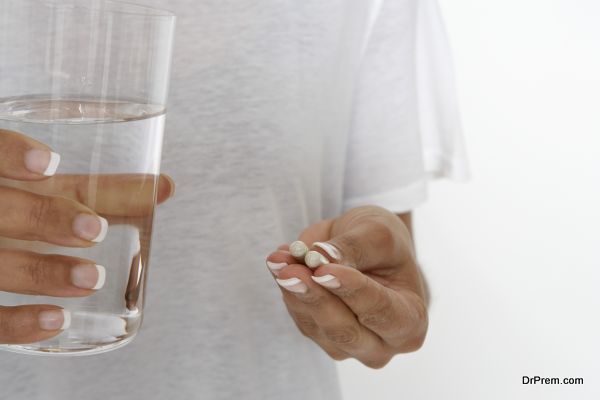Percocet is one of those opioid analgesics that are prescribed to individuals with mild to extreme pain resulting from chronic illness, surgery, cancer, or physical injury. Oxycodone is the active ingredient in this drug. Like most opiate drugs, Percocet impacts the brain to modify the body’s reaction and perception to pain, making the user of the drug feel euphoric, relaxed and calm.
However, Percocet can result in some serious side effects, especially if consumed in a higher dose. The high oxycodone concentrate increases its addictive potential. Percocet addiction can create several problems for individuals, not just harm physical health. It can take control of an individual’s life, and cause the following issues: mood swings, breathing problems, abdominal pain, drowsiness, confusion, memory loss and fatigue.
When the body gets used to taking prescribed painkillers like Percocet and you stop taking them after a couple of weeks, the outcome is withdrawal. Percocet withdrawal can make you uncoordinated, preventing you from carrying out activities like driving with full efficiency. Allergic reactions like itching and rashes, or swelling of the lips, tongue, throat, or face are also possible. How do you overcome these symptoms?
It’s challenging to conquer Percocet withdrawal symptoms, but the following measures can help significantly.
-
Detox
Detox from Percocet is one of the essentials of recovery and is a requirement that often results in ongoing rehabilitation. The long-term rehabilitation solutions include counseling, knowledge, and therapy to assist your emotional and mental health and facilitate your sobriety over a period of time. In a nutshell, detox is the key to getting back on track and finding your way through addiction with a successful recovery.
-
Medical Help
A healthcare professional can arrange a weaning schedule that brings down the dose gradually and in a controlled manner to prevent withdrawal symptoms. The expert may also provide some medications to ease opioid withdrawal. For instance, methadone is an effective drug recommended by medical professionals to wean Percocet addicts off opioid drugs such as oxycodone and Percocet. Also, partial agonists may be recommended as they work on the same brain receptors as full agonists, but at lower levels. This can ease withdrawal symptoms and cravings as the consumption is lowered gradually until no more is required.
-
Rest & Hydration
In the withdrawal phase, try keeping yourself hydrated and rest as much as possible. Doing this is important because opiates withdrawal symptoms have been linked to chronic influenza infections. With body aches, diarrhea, and other problems, it is important to drink lots of fluids and get ample rest to aid the recovery process of the body. Avoid drinking fluids a couple of hours before bedtime to avoid insomnia, and take a warm bath to slow down your body.
-
Natural Remedies
A few natural remedies can help ease Percocet withdrawal effects when they occur. Acupuncture and massage treatment can help relax the body to keep clumsiness and muscle fatigue at bay. You can also address flu symptoms by making herbal teas. Peppermint and ginger can be used to treat gastrointestinal and nausea issues. Hot pads can be applied to aching muscles to promote blood circulation.
With these measures, you can effectively overcome Percocet withdrawal symptoms.
Article Submitted By Community Writer









